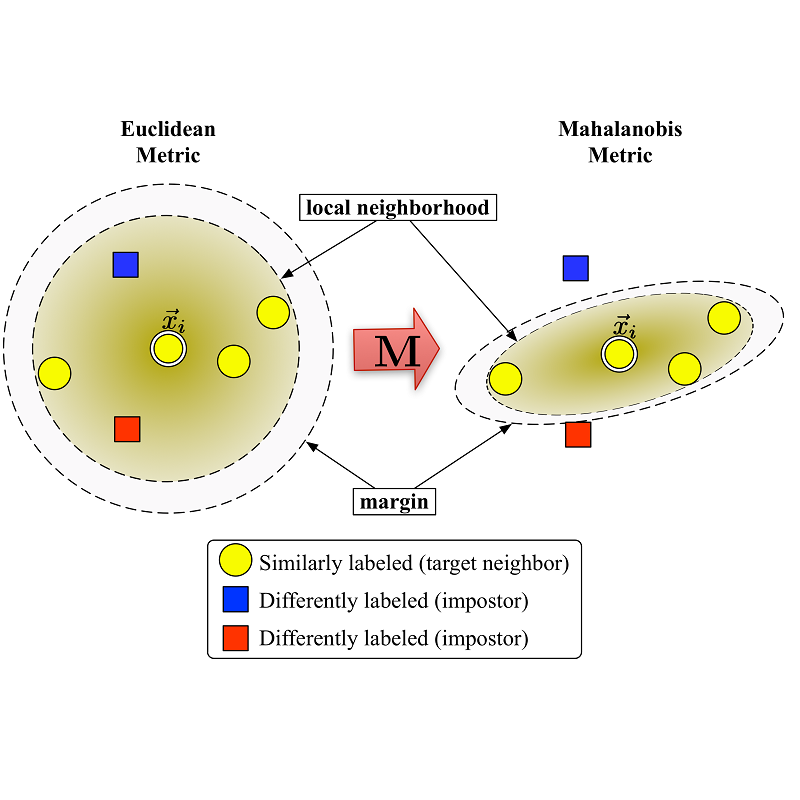Fine-Grained Change Detection and Regression Analysis are essential in many applications of ArtificialIntelligence. In practice, this task is often challenging owing to the lack of reliable ground truth information andcomplexity arising from interactions between the many underlying factors affecting a system. Therefore,developing a framework which can represent the relatedness and reliability of multiple sources of informationbecomes critical. In this paper, we investigate how techniques in multi-task metric learning can be applied for theregression of fine-grained change in real data.The key idea is that if we incorporate the incremental change in a metric of interest between specific instancesof an individual object as one of the tasks in a multi-task metric learning framework, then interpreting thatdimension will allow the user to be alerted to fine-grained change invariant to what the overall metric isgeneralised to be. The techniques investigated are specifically tailored for handling heterogeneous data sources,i.e. the input data for each of the tasks might contain missing values, the scale and resolution of the values is notconsistent across tasks and the data contains non-independent and identically distributed (non-IID) instances. Wepresent the results of our initial experimental implementations of this idea and discuss related research in thisdomain which may offer direction for further research.
翻译:细微变化探测和回归分析在许多应用人工智能数据中至关重要。 在实践中,由于缺乏可靠的地面真相信息以及影响系统的许多基本因素之间相互作用产生的复杂性,这项任务往往具有挑战性。 因此, 开发一个能够代表多种信息源的相关性和可靠性的框架, 这个框架至关重要。 我们在本文件中调查如何应用多任务指标学习技术来导致真实数据微小变化的倒退。 关键的想法是, 如果我们将单个目标的具体实例之间的兴趣度量的渐进变化纳入一个多任务量度学习框架中, 从而缺乏可靠的地面真相信息, 以及许多影响系统的基本因素之间的相互作用。 因此, 开发一个框架将使得用户能够被提醒注意微小的变化, 以适应总体指标所概括的特征。 所调查的技术是专门为处理混杂数据源而设计的, e. 每项任务的投入数据可能包含缺失的值, 数值的规模和分辨率在任务之间并不相容, 并且数据含有非独立和相同的初步研究结果, 供我们进一步讨论。















